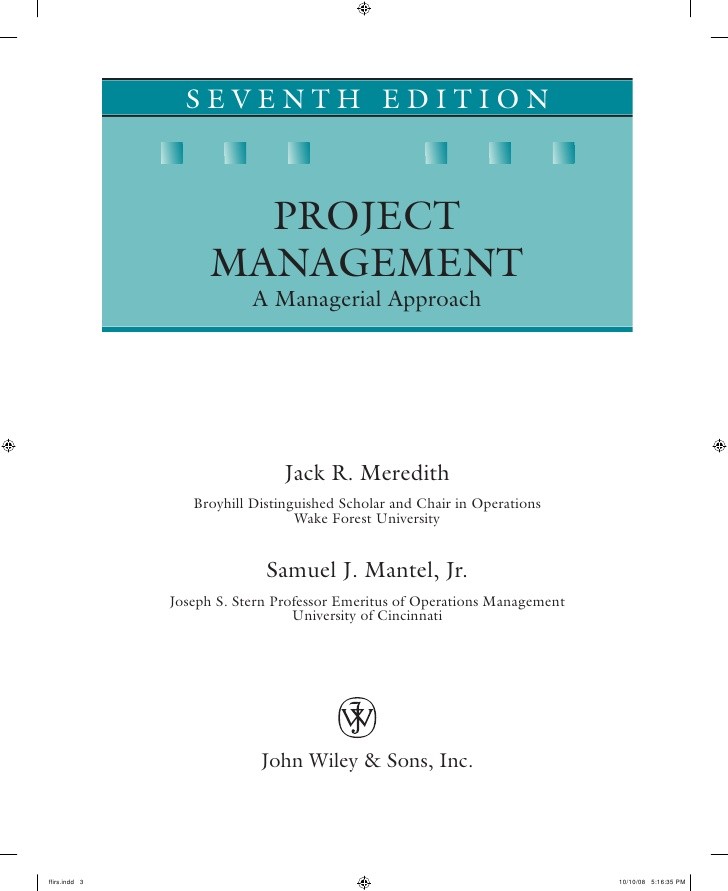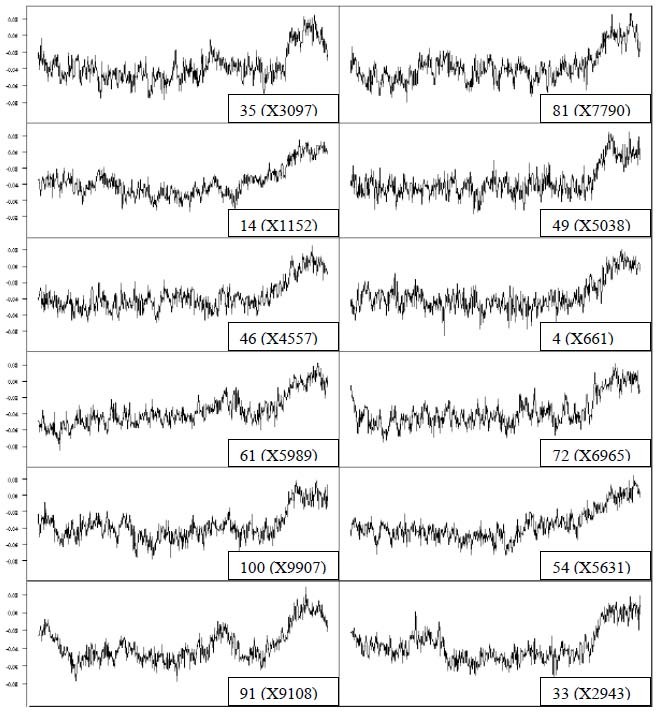This Is what Happens when otherwise Competent Diligent HardNosed Bureaucrats Fail to Read my
Post on: 16 Март, 2015 No Comment

by Wolf Richter August 22, 2014
This is what happens when the otherwise very competent, diligent, and hard-nosed bureaucrats at the German Ministry of Finance fail to do their homework. These folks can be very effective, for example in collecting taxes, which is part of what they do. The squeezed taxpayers in Germany can sing a song about that. So the economy swooned in the second quarter, and July was no better. But due to their indefatigable efforts, tax collectors in July extracted 3.3% more in taxes from the people than they did in July a year ago.
That’s how good they are.
But they dropped the ball when it came to the impact of the sanction spiral, where sanctions lead to counter-sanctions, where tragedy in the Ukraine leads to more tragedy, and where propaganda leads to even more propaganda. The good folks at the MOF apparently thought that the sanctions spiral was going to hurt only Russia. Germany would remain unscathed.
If they had read WOLF STREET, they would have known what these sanctions were doing to the export-dependent German economy.
After a spiffy first quarter, optimism was riding high. But then iffy economic data started coming out. In early July, industrial output suddenly dropped, led by manufacturing and construction. Orders dropped too, a sign that this wasn’t some kind of blip. It hurt. The slump was blamed on the winter weather – not that it had been too cold or too late, but that it had been too warm and had caused construction to be moved forward, at the expense of the second quarter. I was amused. German Miracle Economy Trips, Good Weather Gets Blamed .
Then on July 29, I became more explicit so that the good folks at the MOF would get it. The Association of German Chambers of Commerce and Industry warned that exports to Russia were in free-fall and would plunge 17% for the year, after having already dropped over 5% in 2013. It would amount to a 22% swoon from 2012. Russia is the 13th largest destination for German exports, so it wouldn’t wipe out the economy, but it would hurt. Worries emerged over the 300,000 jobs in Germany that depend on this trade with Russia. The folks at the MOF should have read. Sanction Spiral Successful: German Exports to Russia Plunge .
Then in early August, more ugly data emerged and unofficial forecasts were being cut back. The powerful engine that was supposed to pull Europe out of its quagmire was stalling as the sanction spiral hit. The “disaster of 2008” was evoked, then hastily denied. Someone at the MOF should have at least glanced at. Russia Sanctions Exact Their Pound of Flesh – from Germany
Then mid-August, it was revealed that GDP unexpectedly – I mean, come on! – dropped 0.2%, worse than feared recently, and much worse than the blue-sky forecasts from earlier this year. The statistical agency still blamed the nice winter weather because investment in construction had been weak in the second quarter, and it also blamed international trade. It said just about verbatim that imports outpaced exports, thus bringing down the trade surplus. But it didn’t blame the debacle on plunging exports to Russia. I mean, I was trying to bring the folks at the MOF up to speed. Sanctions Are Eating their Lunch: Russian CEO Begs for Bailout, German Economy Swoons .
But now, finally, the Ministry of Finance has gotten the drift.

The decline in gross domestic product goes beyond the expected counter-effect to the solid weather-based performance in the prior quarter, it admitted in its monthly report. So it wasn’t just the weather. It finally noticed the deterioration in industrial activity, and not just construction. And so it conceded, This was probably related to the effect of the sanctions and the negative effects on confidence due to the Ukraine crisis.
But they still nurtured the hope that “the current economic slowdown” would be “only temporary,” and exports would soon grow modestly again, though the MOF attached some ifs to that hope: If the Ukraine crisis does not escalate further and no additional serious stages of sanctions are imposed.”
Big IFs.
And it saw more dark clouds – after months of not seeing them. It ascribed part of the lousy quarter to other geopolitical tensions and weaker economic development” in the Eurozone. France, a critically important export destination for Germany, is mired in a zero-growth economy, and its already anemic private sector, which is where much of the German exports go, is being asphyxiated. My dear friends at the MOF, start reading up on this topic, right here on WOLF STREET .
The Eurozone as a whole might never really have left the recession behind. And another major destination for German exports, China, has been weakening. Export-dependent Germany is going to have to navigate some rough waters.
But that didnt stop official hope. The government is sticking to its forecast that the economy would grow by 1.8%, despite the crummy second quarter, despite the continuing lousy conditions, and despite the sanctions that have just begun in earnest to sink their teeth into the German export machine.














